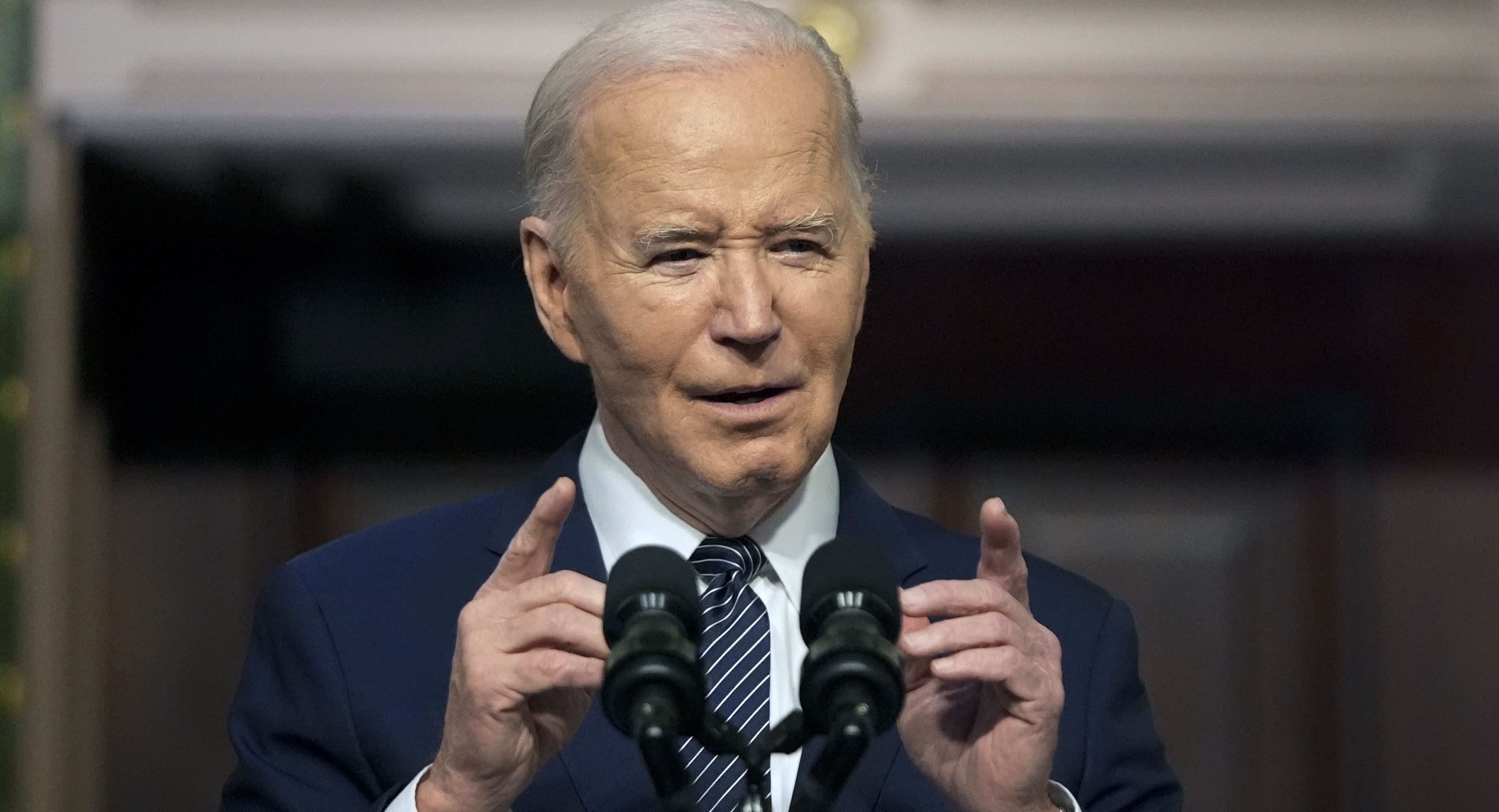Today is Stephen Douglas’s 200th birthday. He was both the greatest senator from Illinois, and of the most tragic figures in American politics. He’s remembered today as the other party in the Lincoln-Douglas debates of 1858, but it was really Douglas -- the 5'4" "Little Giant" of American politics -- who made Lincoln’s career, not the other way around. After their Senate debates had made Lincoln famous, the Cincinnati Enquirer wrote, “Without Douglas, Lincoln would be nothing.”
Since their first meeting as state legislators, Stephen Douglas’s political career had far outshone that of one-term congressman Lincoln. After a year on the Illinois Supreme Court, he spent two terms in the House of Representatives, then was elected to the Senate at age 33. By the 1850s, Douglas was not only the political boss of Illinois, with the Democratic legislature and hundreds of patronage jobs under his control, he was one of the most best-known politicians in the United States. He was the legislative architect of the Compromise of 1850, dividing Henry Clay’s omnibus bill into four separate bills, then finding majority support for each.
Lincoln, who had never liked Douglas in the first place, was now intensely envious of his rival’s power and prominence. Douglas’s fame intensified Lincoln’s feelings of middle-aged mediocrity. Of their first meeting, he would write, “We were both young men then, he a trifle younger than I. Even then, we were both ambitious; I, perhaps, quite as much as he. With me, the race of ambition has been a failure -- a flat failure; with him, it has been one of splendid success. His name fills the nation, and is not unknown, even in foreign lands.”
In 1854, however, Douglas made a political move that would turn out be the undoing of his presidential ambitions -- and the awakening of Lincoln’s. As chairman of the Senate Committee on Territories, he passed the Kansas-Nebraska Act, which allowed the inhabitants of each new state to decide for themselves whether to allow slavery.
Chicago Politics
Douglas wanted Southern votes for a transcontinental railroad that would run through his hometown of Chicago, rather than following a more logical route across land acquired in Mexican War. He also wanted the 1856 presidential nomination, but as a Northerner from a free state, he was viewed with suspicion by Southern Democrats. The Act assured them that not only would he prevent Northerners from interfering with slavery in the South, he would prevent them from banning it in the West, too.
Douglas called this principle “popular sovereignty.” Conceived by Sen. Lewis Cass of Michigan, the 1848 Democratic nominee for president, it was first applied to the Mexican cession. Northerners went along with it then, because the new Southwest was a desert that could never support plantation agriculture. But they were horrified by the implications of the Kansas-Nebraska Act. It overturned the Missouri Compromise, which had banned slavery north of 36 degrees 30 minutes north latitude.
Illinoisans had just passed a law banning all black migration, so they were also appalled because allowing slavery in Kansas and Nebraska would give westward-moving farmers an opportunity to bypass the state.
Lincoln, who had thought himself finished with politics, made a national reputation as Douglas’s foil on the issue of expanding slavery. When he ran against Douglas for Senate, transcripts of the debates were printed in newspapers throughout the country -- mainly because Douglas was the best-know politician of the 1850s. Had those debates never taken place, Lincoln would not have had the stature to challenge Douglas for the presidency two years later.
At the Democratic National Convention in Charleston, time finally ran out on Douglas’s attempts to compromise on slavery. Radicalized by the success of the Republican Party and by the Harper’s Ferry raid, uncompromising Southern delegates walked out of the convention rather than accept a platform that endorsed popular sovereignty. They demanded freedom to bring slaves into the territories, and federal laws protecting their property. Anything less was as unacceptable as abolitionism, and Douglas was labeled as such throughout the South. The tragedy of Douglas’s career was that he kept trying to strike a compromise between North and South after both sections had lost interest in compromise, and ended up alienating both.
Douglas knew he was beaten that October, when the Republicans swept state elections in Indiana and Pennsylvania. He abandoned his presidential campaign, and went south, on a mission to save the union. It failed, and so did his health. He died in 1861, at age 48. He is buried on his old estate, Oakenwald, in the neighborhood that bears his name. His tomb, on 35th Street, just before it dead ends into Lake Shore Drive, is a little-known Chicago landmark. A statue of Douglas stands atop a 90-foot column, as though he were compensating in death for the stature -- both physical and political -- he never achieved in life.



